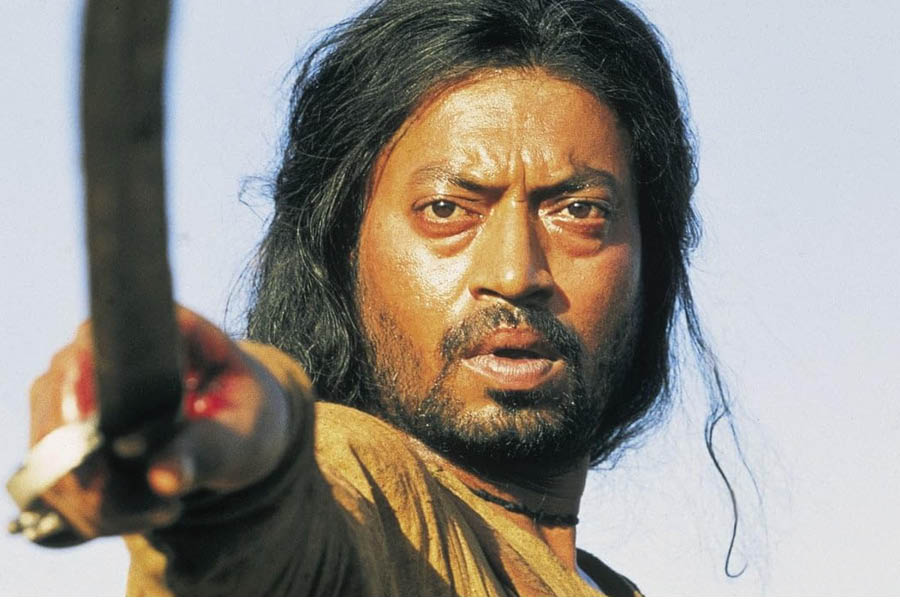Indo-British filmmaker Asif Kapadia says the Academy of Motion Picture Arts and Sciences (AMPAS) modified the criteria for the best international feature category after his 2002 Irrfan Khan-starrer “The Warrior” was ignored at the Oscars.
The film, which marked Kapadia's directorial debut, was the UK's official entry for the Oscars' best foreign language film category, which was renamed best international feature in 2019. However, the Academy disqualified the movie, possibly on the grounds that it was in Hindi.
Kapadia recalled the "funny story" behind the film's Oscar snub on day one of a retrospective on the late Irrfan Khan, who had played a ruthless warrior overcome by remorse in the India-set movie.
"It is a funny story. It was shortlisted for the Oscars and then Oscars disqualified because they said, ‘How can a British film not be in English?' The idea that other people speak other languages didn’t exist at that point. It was like, ‘We Americans speak American, British people must speak English.' "They couldn’t contemplate that anyone could make a British film not in English, and that kicked us out. They changed the rule the following year but we got disqualified,” said the filmmaker at a session during the retrospective, being held by not-for-profit organisation G5A in South Mumbai.
Years later, Kapadia won the best documentary Oscar for his 2015 movie "Amy", about pop star Amy Winehouse, who died at the age of 27 in 2011.
The filmmaker, who is in his early 50s, claimed that the members of the Academy Awards committee had later apologised to him for rejecting "The Warrior", which had won the BAFTA Award for the Best British Film in 2003.
"‘The Warrior’ changed the rules at the Oscars. For 'Amy', I met the people, who are in-charge of the committee. It was like 10-12 years later and they apologised. They were like, ‘We had a bad pull, it was a mistake, sorry,'" Kapadia said.
The filmmaker is also known for documentaries "Senna" on Formula One racer Ayrton Senna and "Diego", based on the life of legendary Argentine footballer Diego Maradona.
He also recalled that disgraced Hollywood producer Harvey Weinstein offered him a three-film deal at the time of the release of “The Warrior” but the filmmaker declined it.
"Harvey Weinstein saw the film and loved it. Then said to me that I do a three-picture deal with him. I didn’t do the deal. This was 20 years ago. I was uninterested right from the beginning.
"He said, ‘We have to sign three picture deals exclusively or else no one will see the film.’ I was like, ‘That’s not the way to do it’. So, I had to sacrifice the film in a way to have a career,” the director said.
Weinstein, the studio executive who helped bring to the screen Oscar winners such as "Good Will Hunting", "Pulp Fiction" and "The King's Speech", was accused on sexual harassment by over a dozen women in 2017. He was later charged and convicted of rape, and is serving lengthy prison terms after convictions in New York and Los Angeles.
Except for the headline, this story has not been edited by The Telegraph Online staff and has been published from a syndicated feed.











